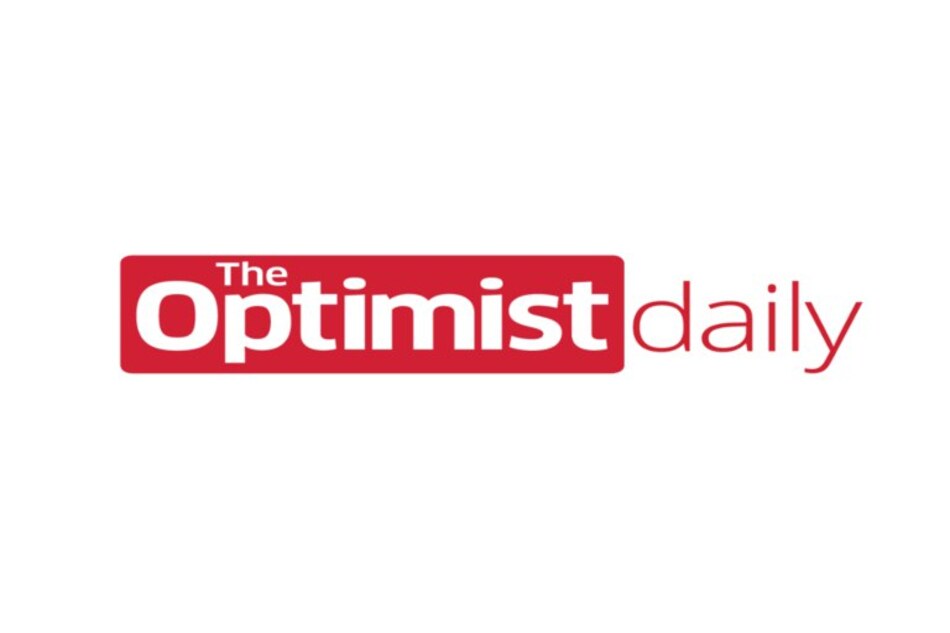In India, it is common for some family members to take time off (sometimes weeks) to accompany and support a hospitalized relative, especially if they are moved to another city for treatment. However, these family members’ tasks are limited to making pharmacy runs to purchase medicine and receiving regular updates from the physician. For the rest of the time, they wait idly in the hallways, waiting rooms, and on benches outside.
Meanwhile, medical staff are overworked and spread thin in India, which has 1.7 nurses per 1,000 people, significantly fewer than the World Health Organization’s recommendation of 2.5 nurses per 1,000 people. This means each nurse must attend to eight to ten patients a day. This tight schedule only allows nurses an average of 2.5 minutes to explain critical preventative care to patients and their families once they are discharged.
Studies show that around 40 to 80 percent of the medical information provided by a health care practitioner is forgotten at once by relatives, and what they do remember is often incomplete or inaccurate.
Shahed Alam and Edith Elliott, co-founders of the nonprofit Noora Health, saw that nurses in India were exhausted and overworked while families who desperately wanted to support their loved ones were left feeling helpless, and instead of seeing two problems, the pair devised a solution. Alam and Elliot created a simple training program that put patients’ families’ good intentions, concerns, and time at the hospital to good use.
Individuals who attend Noora’s Care Companion Program (CCP) are trained to assist their sick relatives in the hospital and ease their transition to home care post-discharge. Now, seven years after its launch, Noora’s intervention has expanded. In collaboration with state governments, Noora’s CCP is operating in 156 hospitals in India and four in Bangladesh.
The CCP was created with the help of health experts and trains nurses to deliver 30 to 60 minutes of actionable health information about caring for a recovering patient to family members while their sick relative is in the hospital. Videos, audio, animations, pictures, and slogans are used to communicate information in local languages.
“Noora’s program is kickstarting a cycle of health awareness and positive health behavior change that can last well beyond the doors of a hospital and has the potential to permeate several generations of a family,” says assistant professor of global health at Harvard Medical School and former director at Noora Rebecca Weintraub.
The CCPs impart simple but critical instructions, like washing hands before picking up a newborn baby, properly burping them after they’re fed, and giving kangaroo mother care (skin-to-skin care for newborn children, especially important for premature babies).
Seethamma, a woman from the village of Rattihalli who had to care for her prematurely-born grandchild after her daughter-in-law died during childbirth, said in a video interview that before attending CCP sessions, she “didn’t even bother to wash [her] hands before eating.” Noora’s team kept in touch with Seethamma and her family via WhatsApp for reminders of adherence and long-term support. Seethamma is committed to sharing the lessons she learned from Noora’s program with her local community. “Everyone should get to learn what I was taught,” she declares.
Noora’s CCP programs cover more than maternal and newborn care. They also cover oncology, cardiology, general medical, and surgical care, and the positive impact is tangible. Patients who have had cardiothoracic surgery, for instance, and are discharged to families who have undergone CCP training show a 71 percent decline in post-discharge complications after 30 days.
This simple and cost-effective model is advantageous for all parties, from public health administrators to nurses and families, and can be adopted anywhere in the world. As Weintraub says, “while cultures and habits vary across the world, the feelings of worry, anxiety, love, and care for one’s family are universal.”












